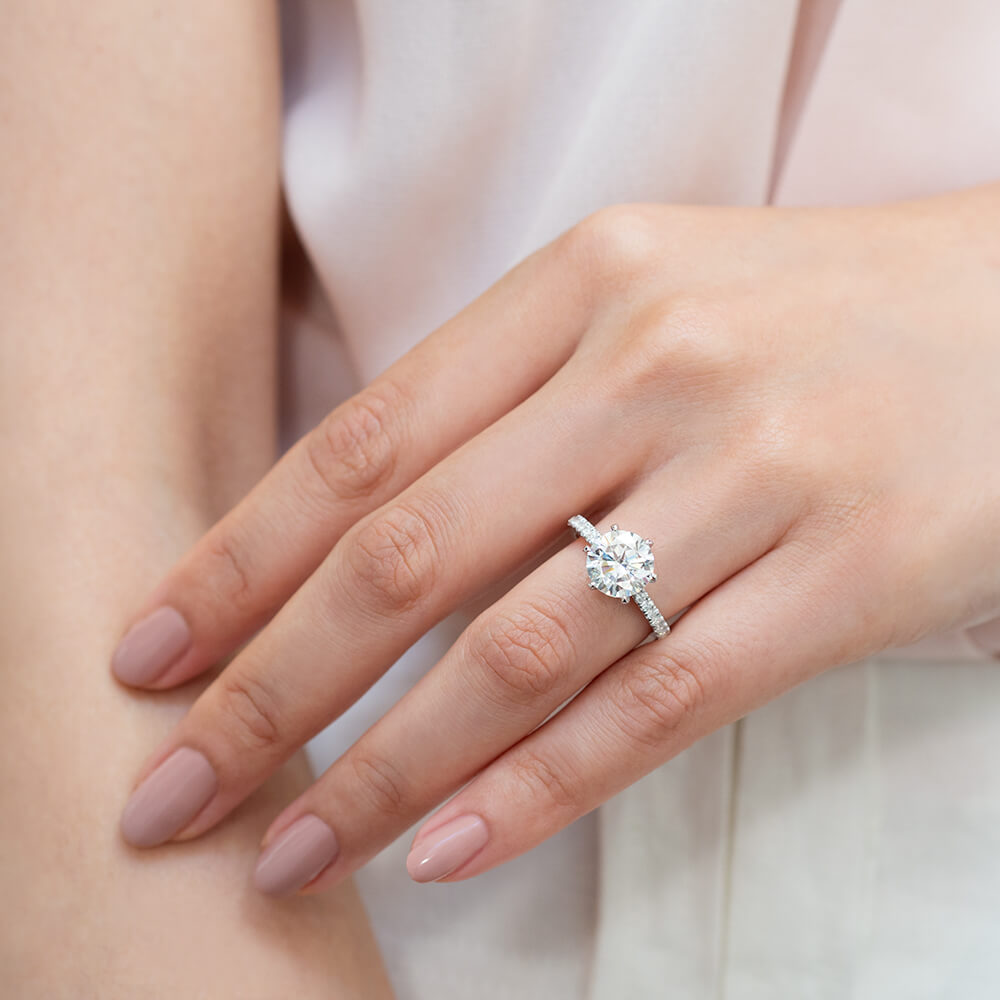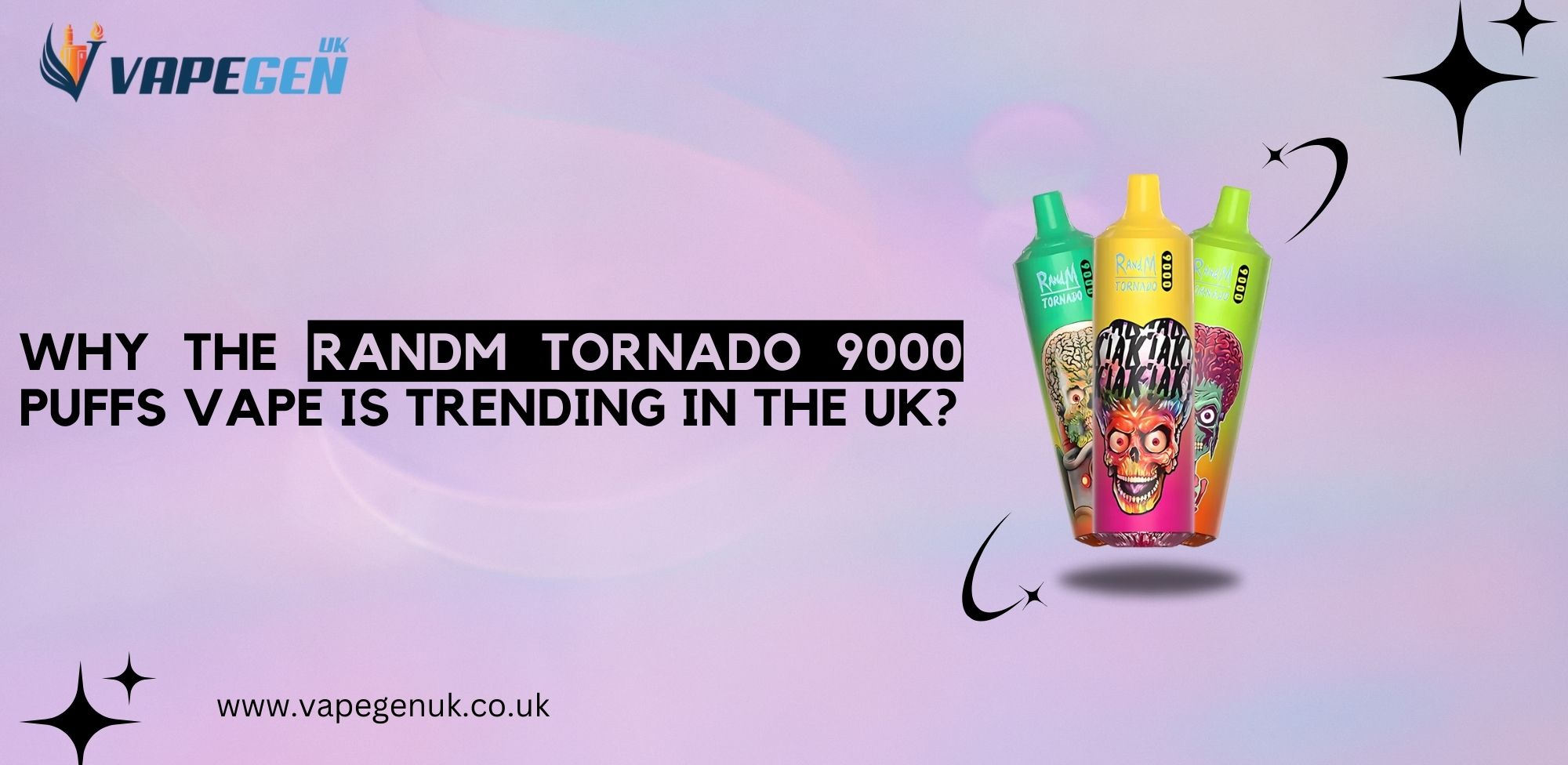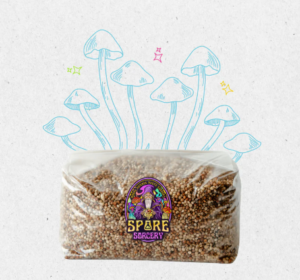Ethical Jewellery Choices: Why Sustainable Sourcing Matters
In recent years, the jewellery industry has undergone a transformation as more consumers seek ethical and sustainable choices. This shift reflects a growing awareness of the impact that traditional jewellery sourcing can have on the environment and local communities. Sustainable sourcing in jewellery isn’t just a trend—it’s a movement towards more responsible, transparent practices that protect natural resources and ensure ethical treatment of workers. For brands like Marc Bendall, which value high-quality craftsmanship and ethical practices, sustainable jewellery is more than just a label; it’s a commitment to making a positive impact.
In this article, we’ll explore the importance of sustainable sourcing in jewellery, the benefits of ethical choices for consumers and the planet, and how brands like Marc Bendall are leading the way in responsible jewellery making.
1. What Is Ethical Jewellery?
Ethical jewellery is created through responsible practices that prioritize both social and environmental well-being. This involves using responsibly sourced materials, ensuring fair treatment of artisans and miners, and adopting processes that minimize environmental harm. Ethical jewellery often includes recycled metals, lab-grown or conflict-free diamonds, and gemstones sourced from transparent, accountable suppliers. The goal is to reduce the impact of jewellery production on the planet while supporting communities that rely on the industry.
2. Why Sustainable Sourcing Matters
Sustainable sourcing is essential because traditional jewellery mining can have devastating environmental effects and contribute to human rights abuses. Here are some key reasons why ethical sourcing matters:
Environmental Impact
Mining for gold, diamonds, and gemstones can cause significant environmental degradation. Mining often leads to soil erosion, deforestation, and water pollution, harming wildlife habitats and contributing to climate change. Sustainable sourcing seeks to reduce these impacts by using recycled materials, lab-created gems, and eco-friendly mining methods.
Social Responsibility
The jewellery industry has a complex history when it comes to worker treatment. In many mining regions, labor conditions are harsh, and workers face unsafe environments with little compensation. Ethical sourcing ensures fair wages, safe working conditions, and community support in mining areas, helping to prevent exploitation.
Preservation of Resources
Many natural resources used in jewellery, like gold and diamonds, are finite. Ethical jewellers often turn to recycled metals or lab-grown gemstones to reduce the strain on these limited resources, helping to extend their availability for future generations.
Consumer Transparency
Consumers today want to know the origin of their products, especially when it comes to luxury items like jewellery. Ethical sourcing provides transparency, giving buyers confidence that their purchases align with their values. Brands that are transparent about their sourcing practices, such as Marc Bendall, build trust and loyalty with their customers by allowing them to make informed choices.
3. Benefits of Ethical Jewellery
Opting for ethical jewellery comes with several benefits, both for consumers and the environment. Here’s why choosing sustainable jewellery is a smart decision:
Lower Environmental Impact
Ethically sourced jewellery often uses recycled metals and lab-created stones, which require significantly less energy and water compared to traditional mining. This approach reduces carbon emissions, waste, and water pollution, making it a more sustainable choice for the planet.
Support for Fair Labor Practices
By purchasing ethical jewellery, consumers support fair wages, safe working conditions, and social benefits for workers in the supply chain. Brands committed to fair labor practices contribute positively to communities in mining regions, helping improve the quality of life for workers and their families.
Longer-Lasting, Quality Pieces
Ethical jewellers prioritize craftsmanship, creating pieces that are built to last. High-quality, ethically sourced jewellery is often designed with durability in mind, making it a valuable investment that retains its beauty over time.
Emotional Satisfaction
Knowing that your jewellery purchase doesn’t harm the environment or exploit workers adds a layer of personal satisfaction. Wearing ethical jewellery can feel more meaningful, as it aligns with your values and contributes to positive change.
4. How to Identify Ethical Jewellery
Identifying ethical jewellery can be challenging, but there are key factors to look for to ensure your purchase meets ethical standards. Here’s what to keep in mind:
1. Look for Certification
Certifications from organizations like the Responsible Jewellery Council (RJC) and Fairtrade Gold indicate that a brand follows ethical practices. These certifications cover everything from labor practices to environmental impact, ensuring the brand’s commitment to sustainability.
2. Ask About Sourcing Practices
Brands committed to ethical jewellery, like Marc Bendall, are usually transparent about where they source their materials. Don’t hesitate to ask about the origin of the gemstones, diamonds, and metals. Ethical jewellers are happy to provide information on their sourcing methods.
3. Check for Recycled Materials
Many ethical jewellers use recycled gold, silver, and other metals to minimize environmental impact. Choosing pieces made from recycled materials reduces the demand for new mining and supports a circular economy in the jewellery industry.
4. Look for Lab-Grown or Conflict-Free Diamonds
Lab-grown diamonds are a sustainable alternative to mined diamonds, as they require less water and energy and do not involve mining. If you prefer natural diamonds, ensure they are certified as conflict-free to avoid supporting regions involved in illegal trade or conflict.
5. How Marc Bendall Supports Ethical Jewellery
Marc Bendall is an example of a brand dedicated to ethical jewellery practices. Known for its emphasis on fine craftsmanship and responsible sourcing, Marc Bendall prioritizes materials that are both high-quality and sustainably sourced. The brand values transparency, providing customers with information on the origin of its gemstones and metals. By choosing ethical practices, Marc Bendall ensures that its jewellery reflects not only luxury and beauty but also a commitment to positive social and environmental impact.
6. How Consumers Can Make Ethical Jewellery Choices
If you’re considering adding more ethical pieces to your jewellery collection, here are some tips to guide your choices:
Do Your Research
Take time to learn about the brand’s values and sourcing practices. Brands like Marc Bendall that highlight their ethical sourcing processes are typically more transparent and committed to sustainable practices.
Opt for Timeless Pieces
Ethical jewellery is often more expensive due to the extra steps involved in sustainable sourcing and fair labor practices. Investing in timeless, classic designs can ensure your pieces are worn and cherished for years, reducing the need for frequent replacements.
Support Certified Ethical Brands
Look for brands certified by organizations promoting ethical practices in the jewellery industry. Certified ethical brands contribute to the advancement of fair labor practices, environmental sustainability, and consumer transparency.
Consider Repairs Over Replacements
Many ethical jewellers offer repair and restoration services, which allows you to keep and cherish your favourite pieces rather than replacing them. This is an eco-friendly approach that extends the life of your jewellery.
Conclusion
Choosing ethical jewellery is a meaningful way to align your values with your personal style. As the demand for sustainable sourcing grows, brands like Marc Bendall continue to lead the industry by providing responsibly crafted pieces that prioritize both quality and ethical impact. By choosing sustainable jewellery, you support fair labor practices, protect the environment, and invest in pieces that you can cherish with a clear conscience.
Frequently Asked Questions (FAQs)
Q1: What is the difference between lab-grown and natural diamonds?
Lab-grown diamonds are created in controlled environments using advanced technology, whereas natural diamonds are formed over millions of years in the earth. Both types have the same chemical composition and visual characteristics, but lab-grown diamonds are often more sustainable and ethical due to reduced environmental impact.
Q2: How can I ensure that my jewellery is ethically sourced?
Look for certifications like those from the Responsible Jewellery Council or Fairtrade Gold. Additionally, check if the brand provides transparent sourcing information, as ethical jewellers are usually open about their practices.
Q3: Why should I consider recycled metals for my jewellery?
Recycled metals reduce the demand for new mining, which minimizes environmental impact. They are identical in quality to newly mined metals and support sustainable practices in the industry.
Q4: Is ethical jewellery more expensive?
Ethical jewellery can sometimes be more expensive due to the additional steps involved in sourcing and fair labor practices. However, the higher quality, durability, and ethical standards often make it a worthwhile investment.
Q5: How does Marc Bendall contribute to ethical jewellery practices?
Marc Bendall focuses on responsibly sourced materials and transparency in its jewellery production. By prioritizing quality craftsmanship and sustainable sourcing, Marc Bendall offers consumers an ethical choice that aligns with a commitment to environmental and social responsibility.














Post Comment